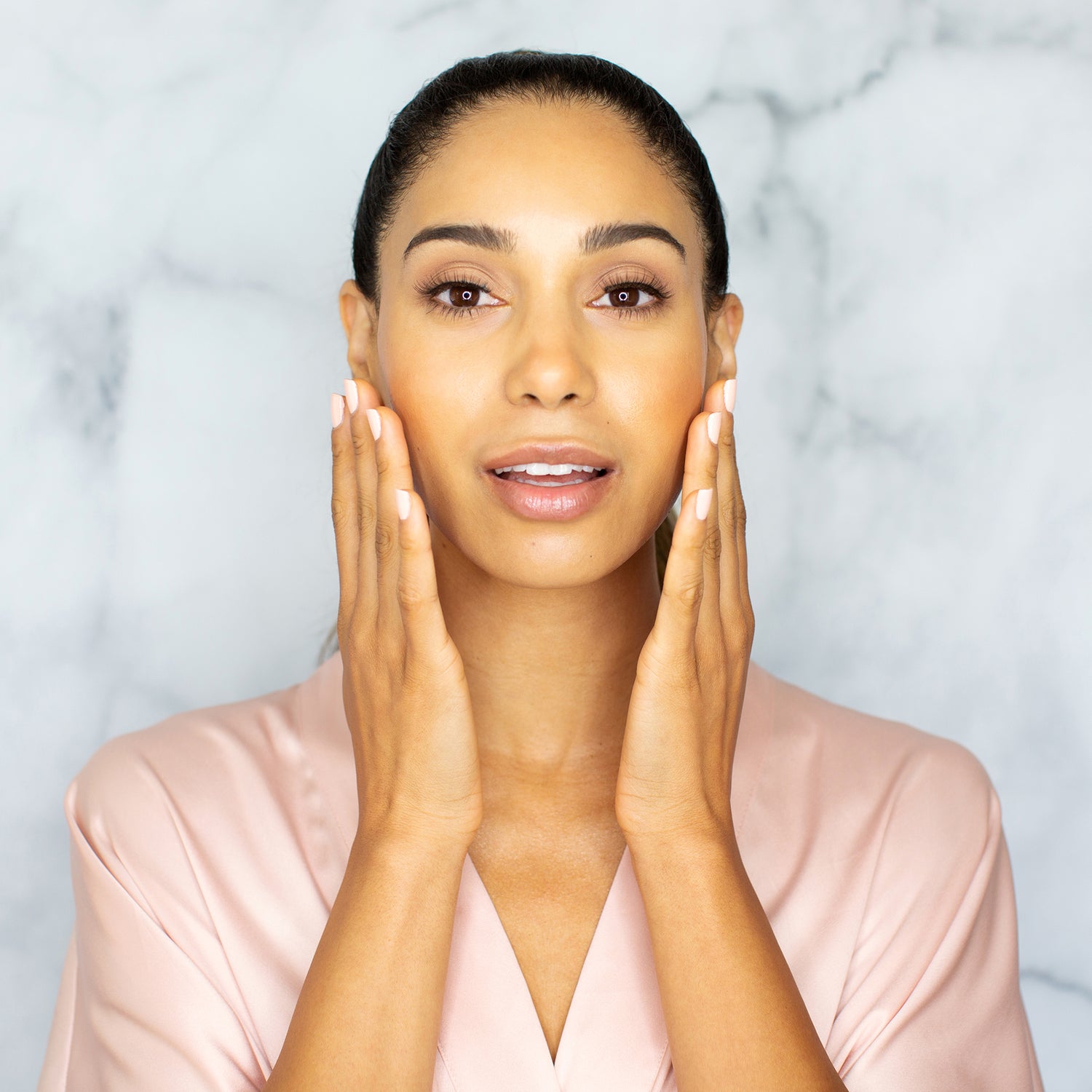
Sun Damage: How to Prevent it and When You're Probably Getting it
Sun damage is one of your skin’s worst enemies. Not only can it cause sun spots, wrinkles, and other signs of aging, but it can lead to much more serious issues like skin cancer. You don’t only get sun damage when you’re in direct sunlight or in a tanning bed either: in fact, you can get sun damage in some unexpected ways. Here’s our list of unexpected sources of sun damage, and ways that you can protect yourself against it.
5 surprising ways that you are getting sun damage
Riding in the car
Did you know that you are being exposed to UV rays coming through your car window as you drive? These rays can do just as much damage as lying directly in the sun can, and every bit of exposure counts. Consider wearing sunscreen on any exposed areas, especially if you will be in the car for a long time.
Working by a window
It isn’t just car windows - it’s all windows. If you work next to a window or sit next to a window in your home, be aware of the sun damage that is happening.
From blue light screens
Sun damage doesn’t have to come from the sun. Research shows that exposure to blue light for longer than 60 minutes can lead to damage and speed up the aging process. Blue light comes from devices like your phone, your computer, and your TV!
Being outside on a rainy day, or lounging in the shade
Don’t be fooled - just because you can’t see the sun, doesn’t mean you can’t still get damage from UV rays!
Being outside for less than 10 minutes
It’s easy to justify not applying sunscreen when we will only be outside for short stints throughout the day. Sun damage is still happening though, and every exposure - big or small - adds up.
How to prevent sun damage
Sun damage sneaks up on you at unexpected times, and in unexpected places. But that doesn’t mean that there aren’t ways to combat this damage and scare off sun spots, wrinkles, and hopefully skin cancers! Here are the top ways that you can avoid sun damage.
Get a broad spectrum sunscreen, and apply it every few hours
The most important thing that you can do to protect yourself from sun damage is to make sure that you’re applying a broad spectrum SPF to your face every day, every few hours. Broad spectrum means that the sunscreen is blocking both UVA and UVB rays. UVB rays cause sunburns, while UVA rays penetrate deeper into your skin, speed up aging, and generate free radicals. Both can lead to skin cancer. Most sunscreen offers protection against UVB rays, but only broad spectrum sunscreens offer protection against UVA rays as well. Doctors also recommend that the sunscreen you choose be over 30 SPF.
If you’re looking for the perfect sunscreen that checks all of these boxes, look no further than our All Day Broad Spectrum SPF 50. It is a lightweight, non-sticky formula that you forget you have it one. Leave it in the car, keep one in your purse, in a desk drawer, and anywhere else you might need to reapply. It also protects against other environmental factors and pollutants, so it protects you from more than just UV rays!
Wear protective clothing
When you know you’ll be exposed to the sun more than usual, consider wearing sun-protective clothing. Clothes with an ‘ultraviolet protection factor (UPF) helps to block UV rays and prevent sun damage.
It’s also a good idea to wear hats that protect your face, and sunglasses that have UV-protected lenses.
Avoid going outside during peak hours
If at all possible, avoid going outside when the sun is at its strongest, usually between 10 AM to 3 PM. This will help limit your exposure to UV rays. Getting under shade is also a way to limit sun exposure, but remember that it doesn’t eliminate it.
The bottom line
Sun exposure and sun damage are happening much more often than you think. If you aren’t careful, you may be regularly exposing yourself to sun damage. This damage can be prevented or helped by using broad spectrum SPF sunscreens, wearing protective clothing and accessories, and being mindful of when the sun and its UV rays are at their strongest. If you are mindful of sun damage and take the necessary precautions, not only will your skin look better than it ever has, but it may also save your life. Add sunscreen to your morning routine now, and thank us later.
